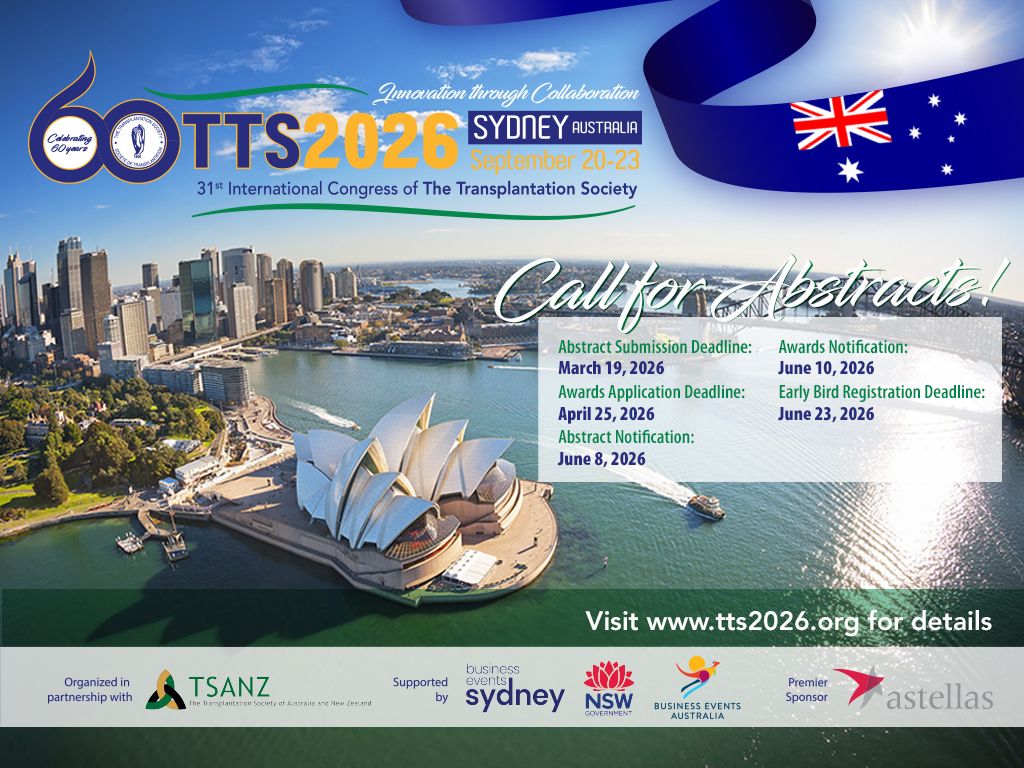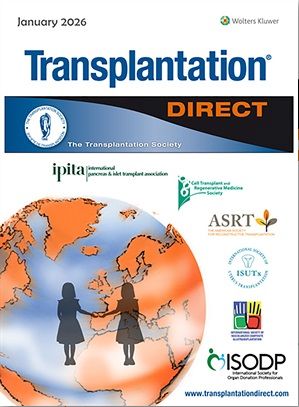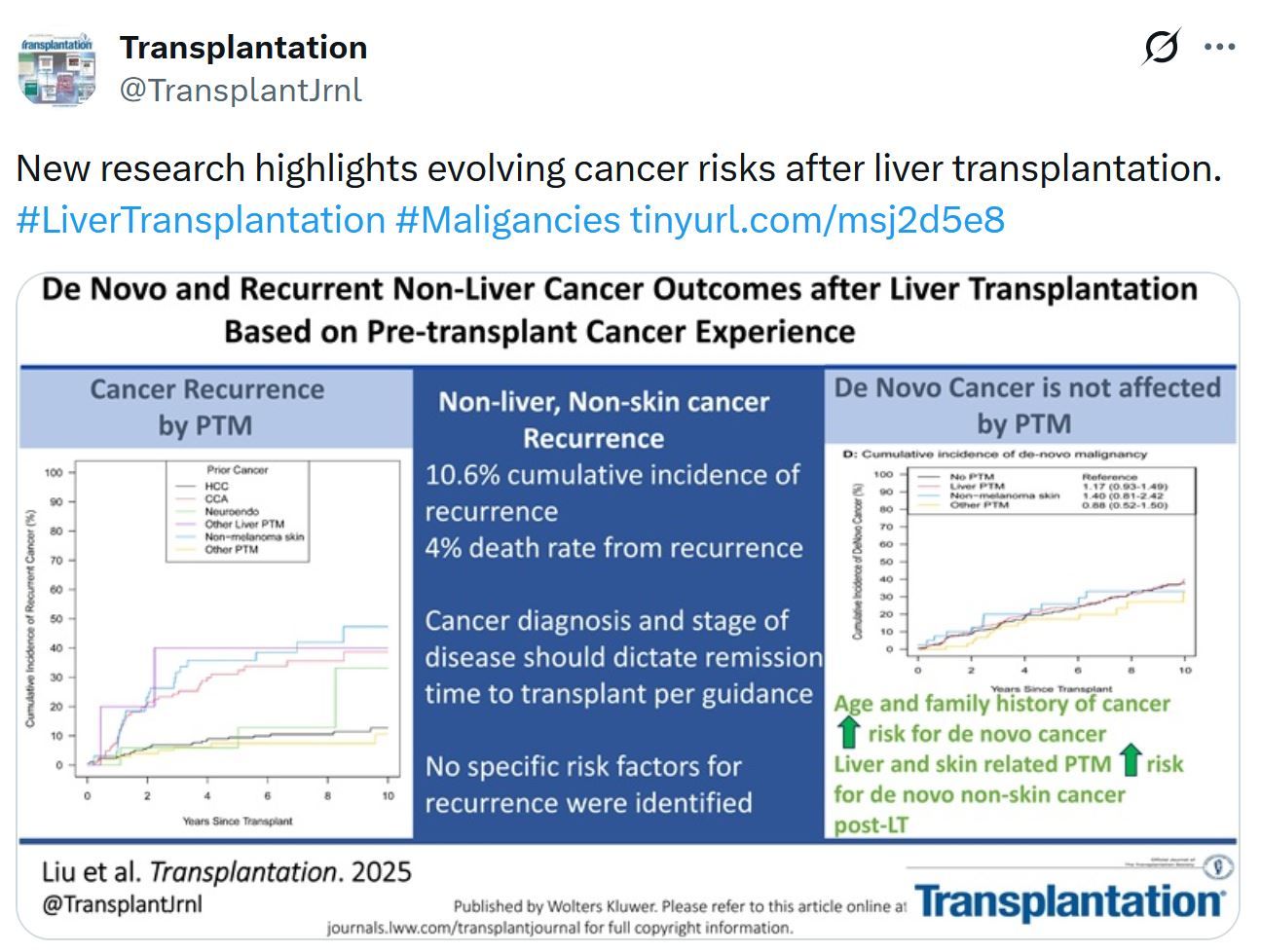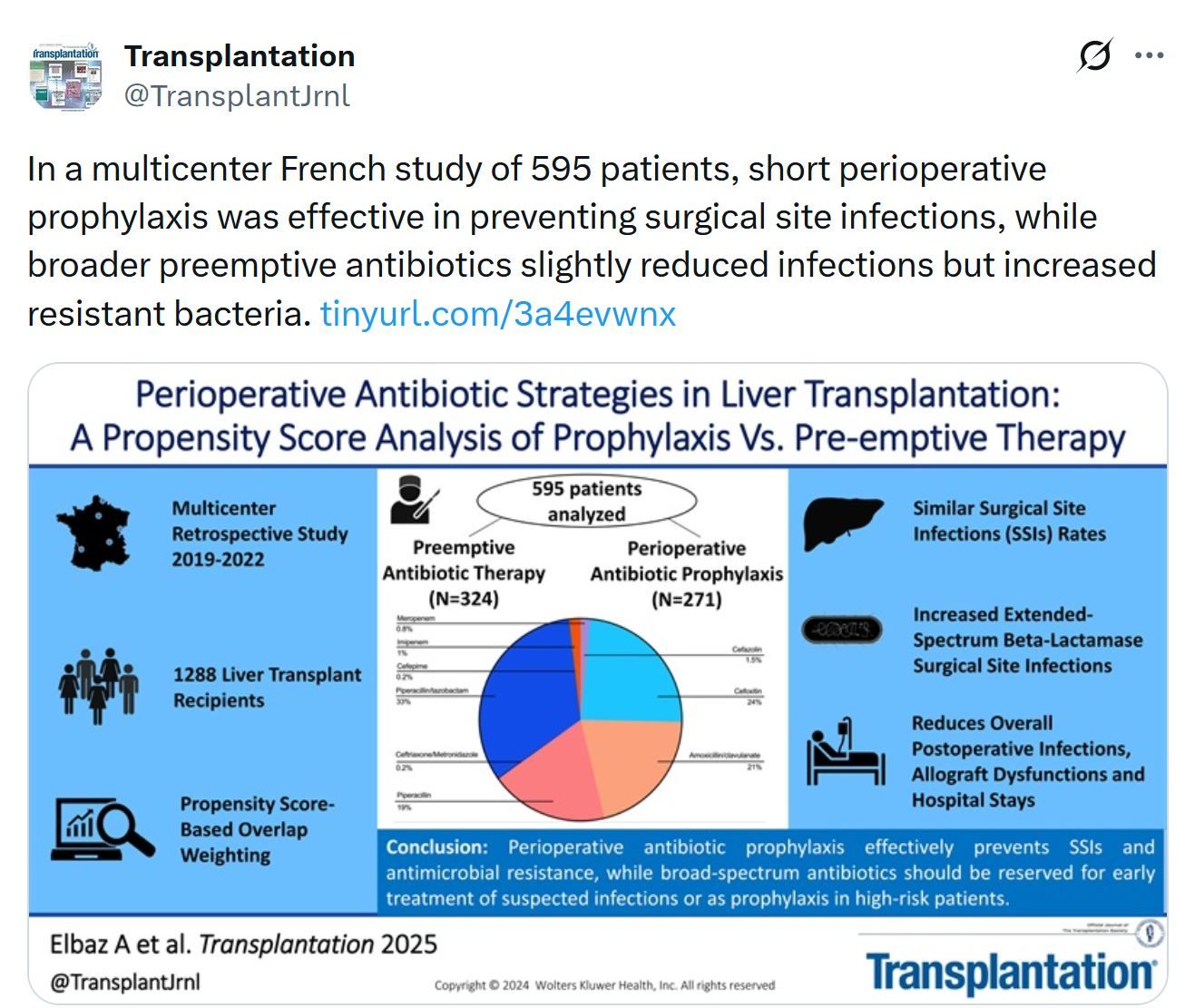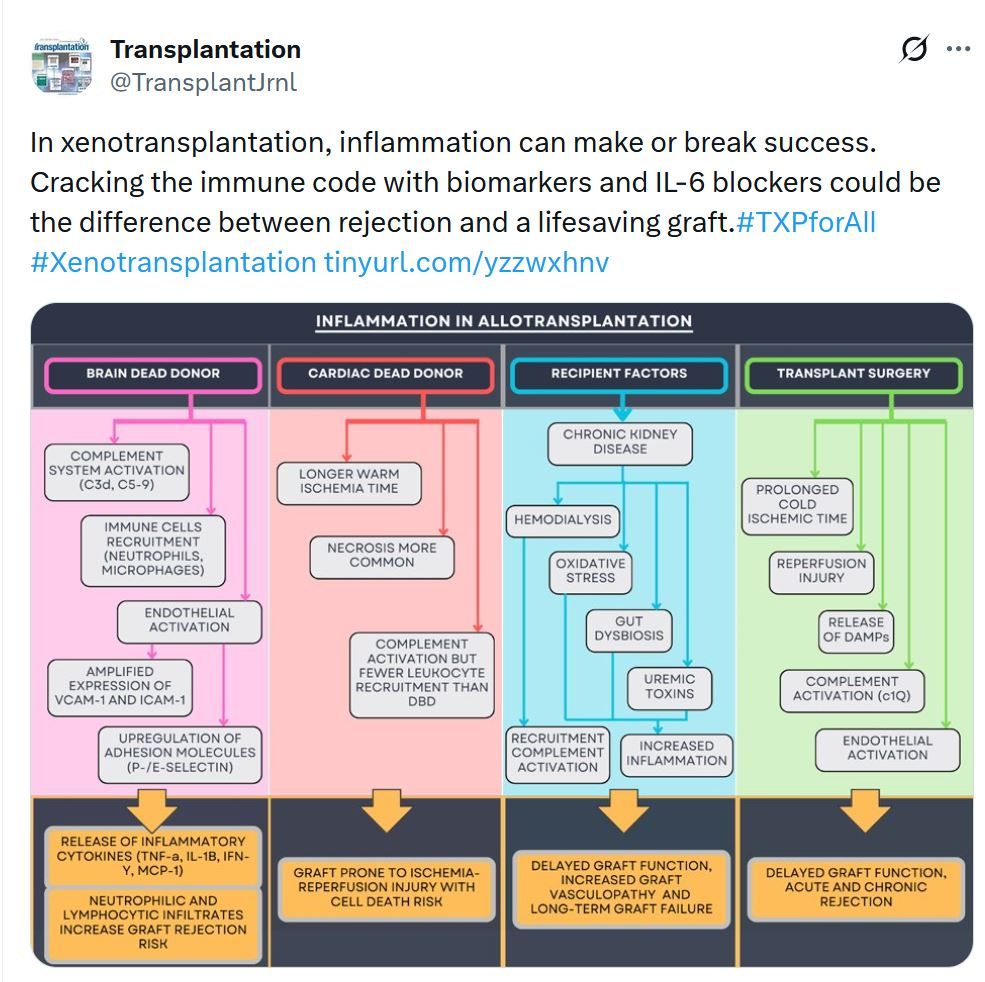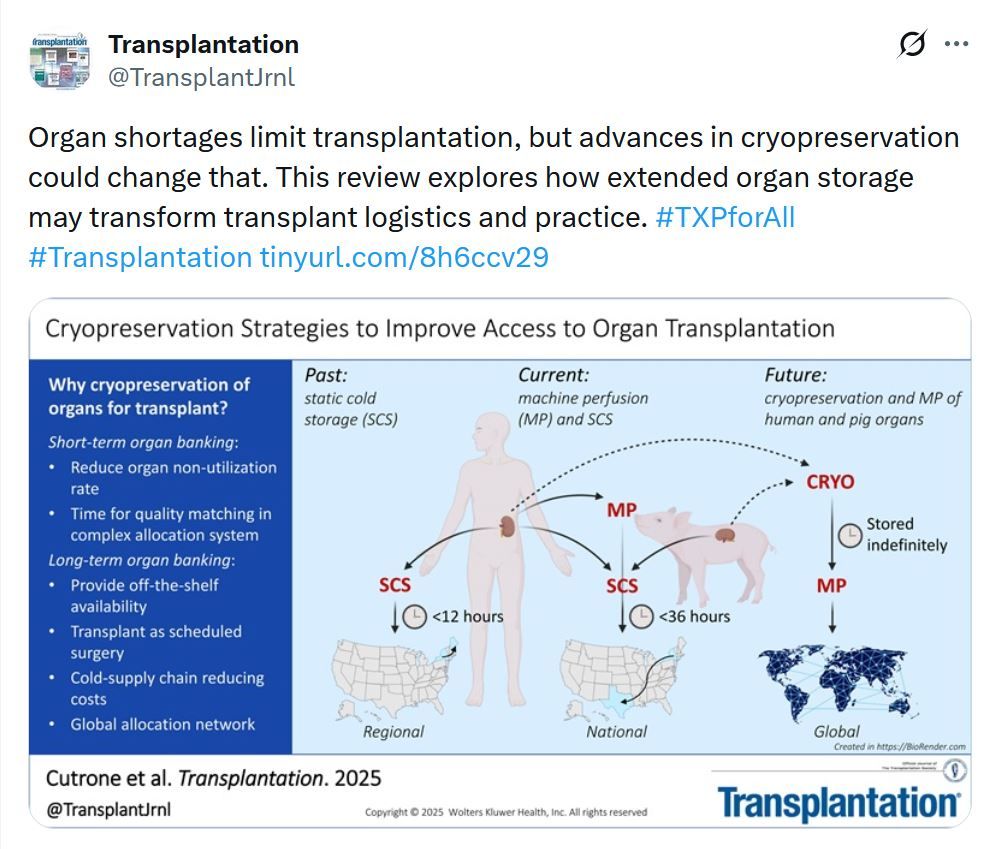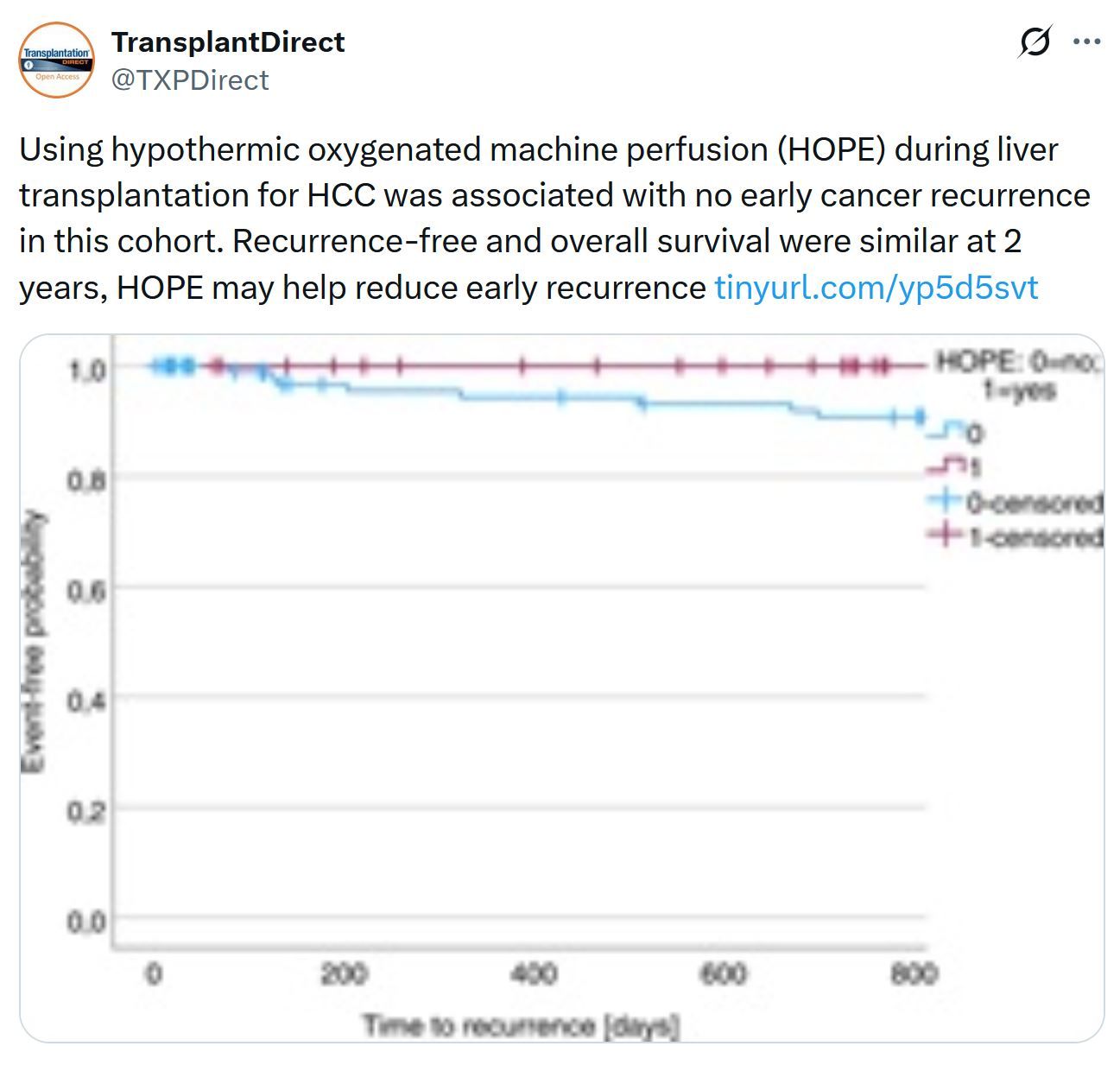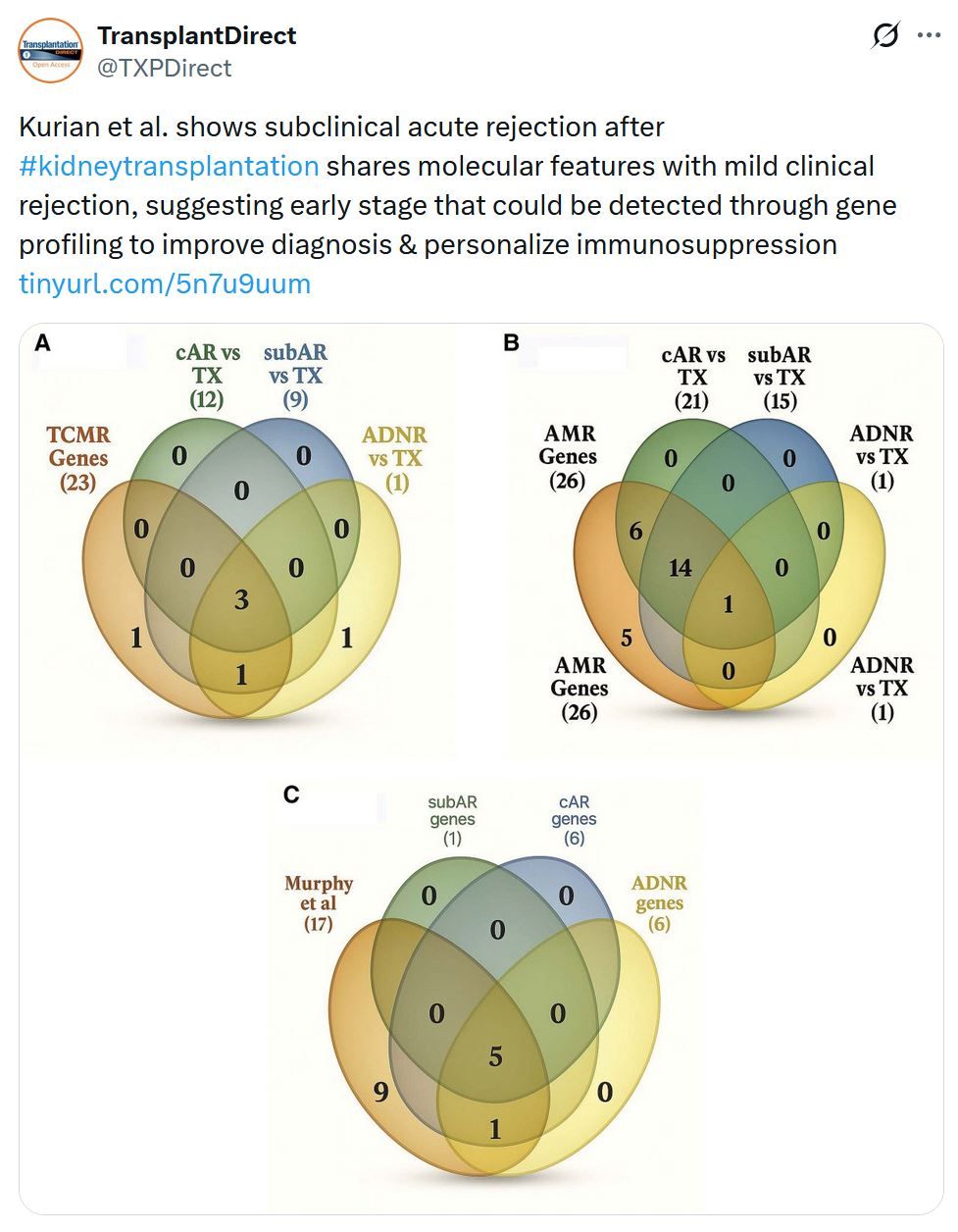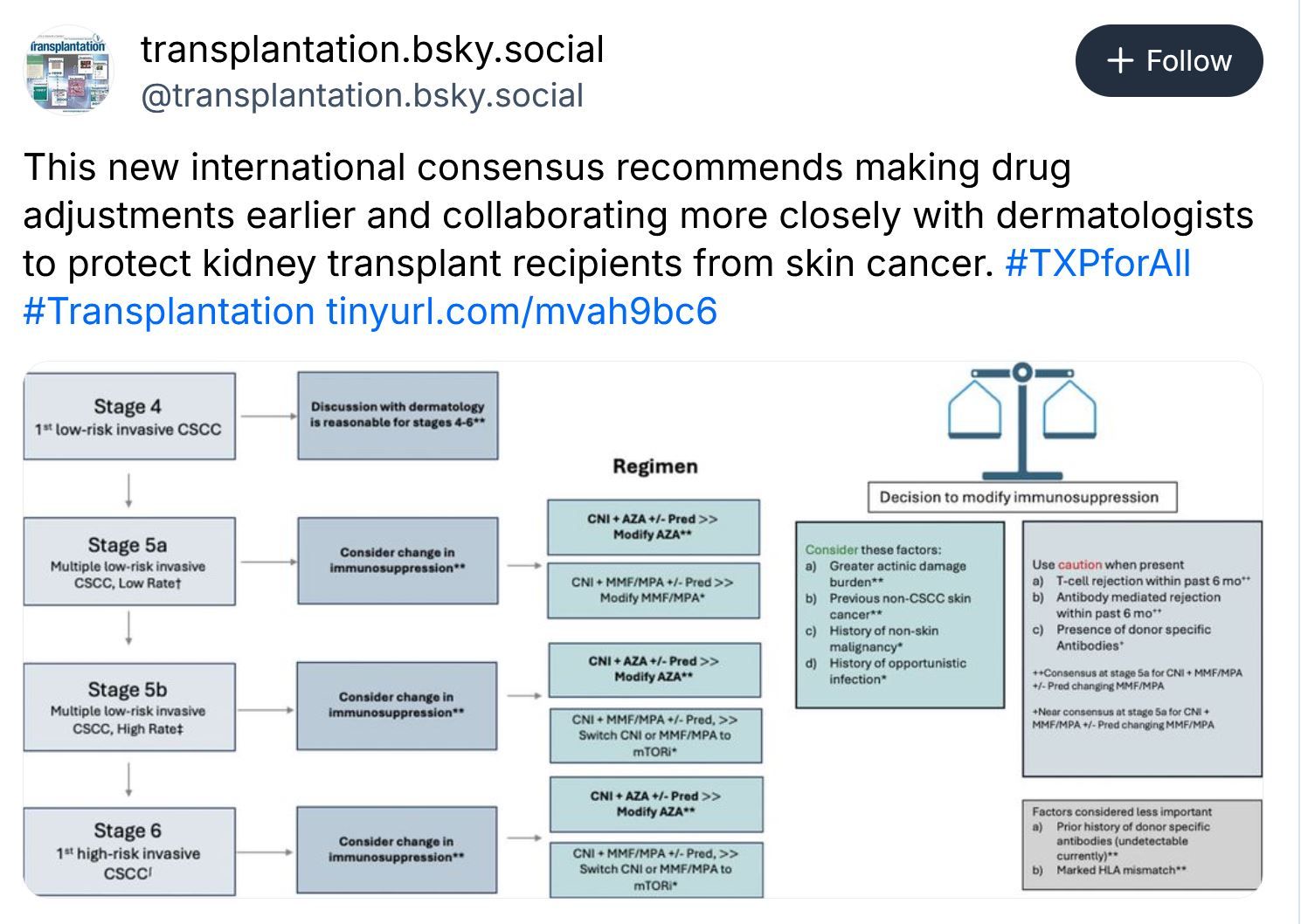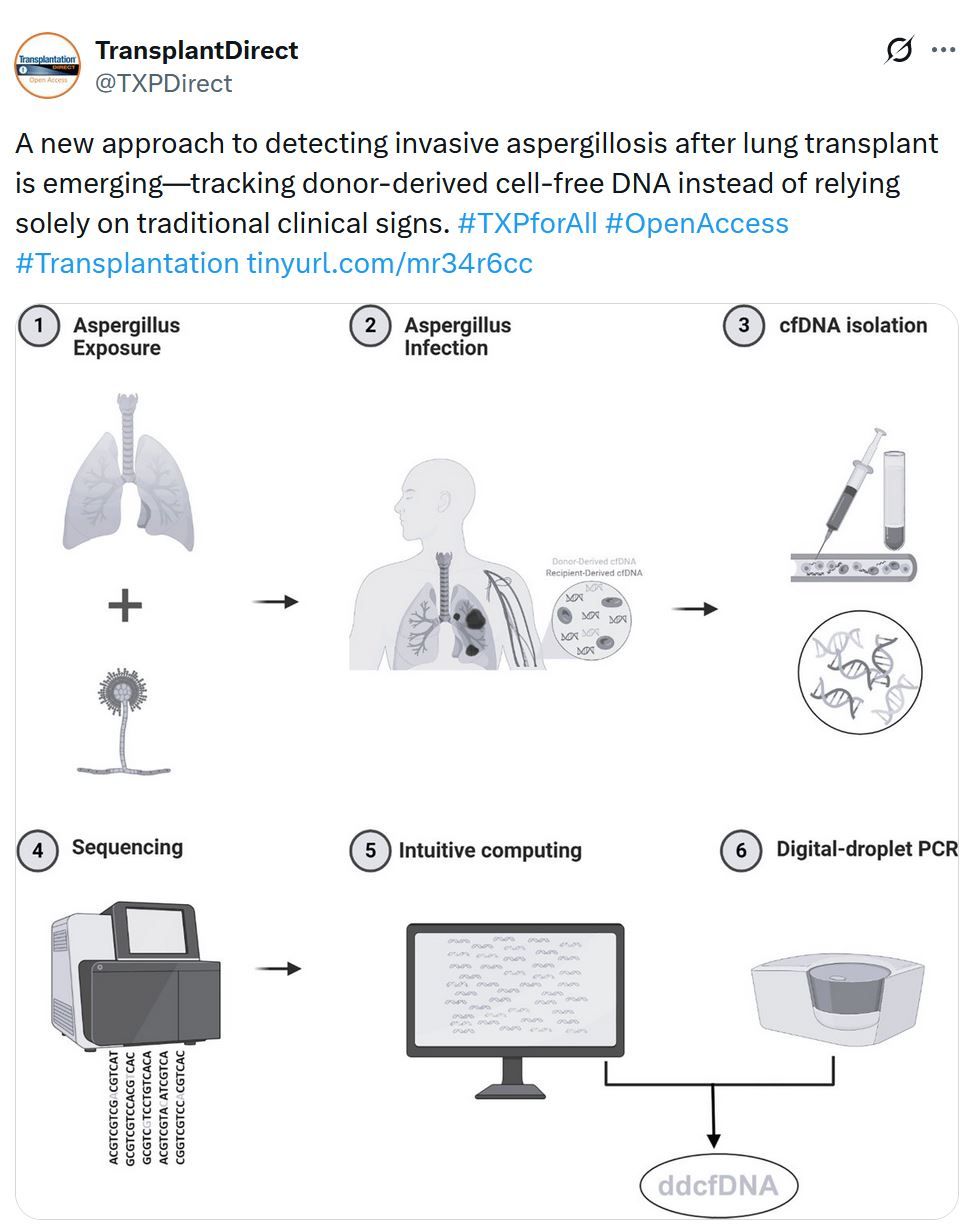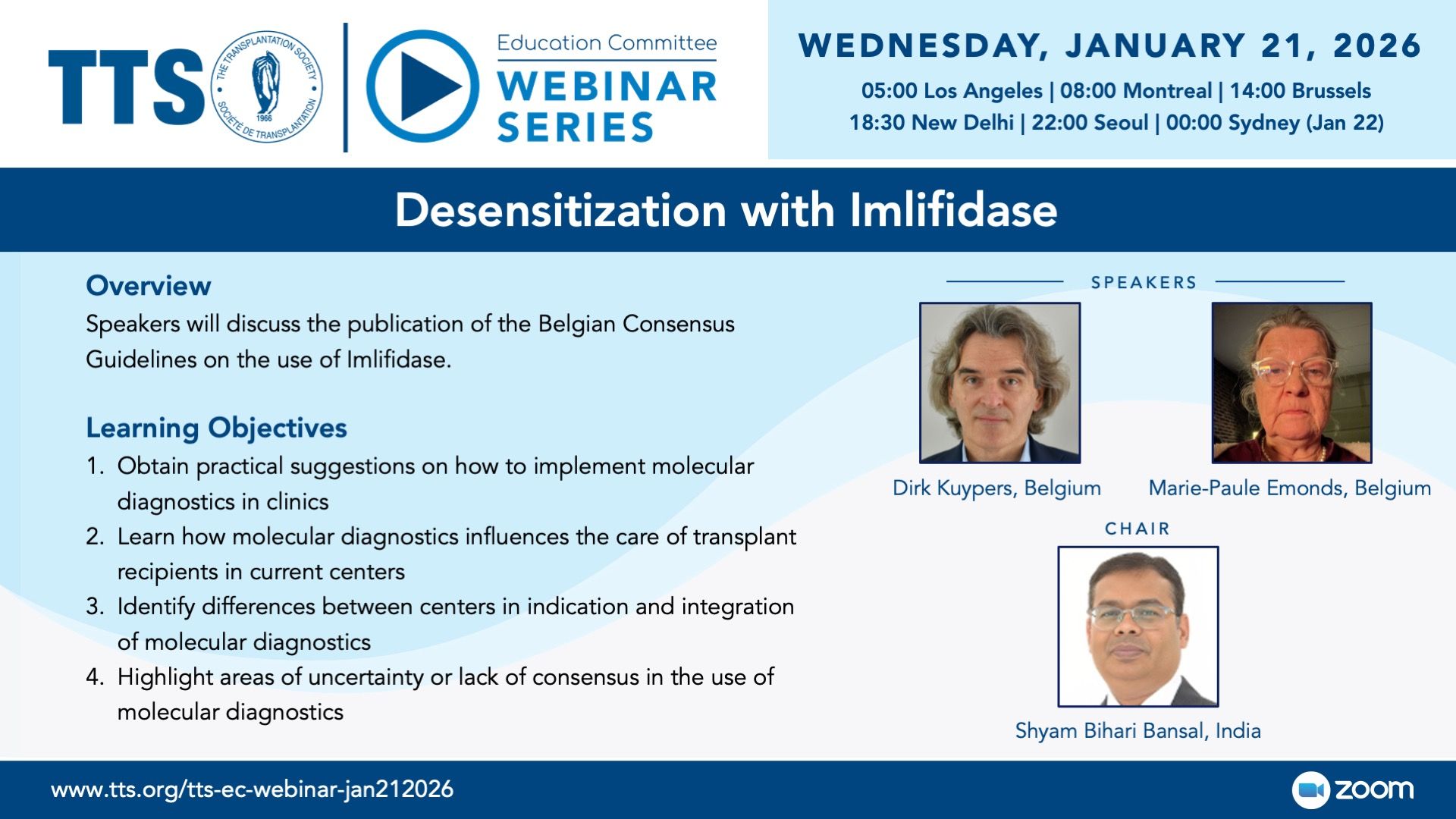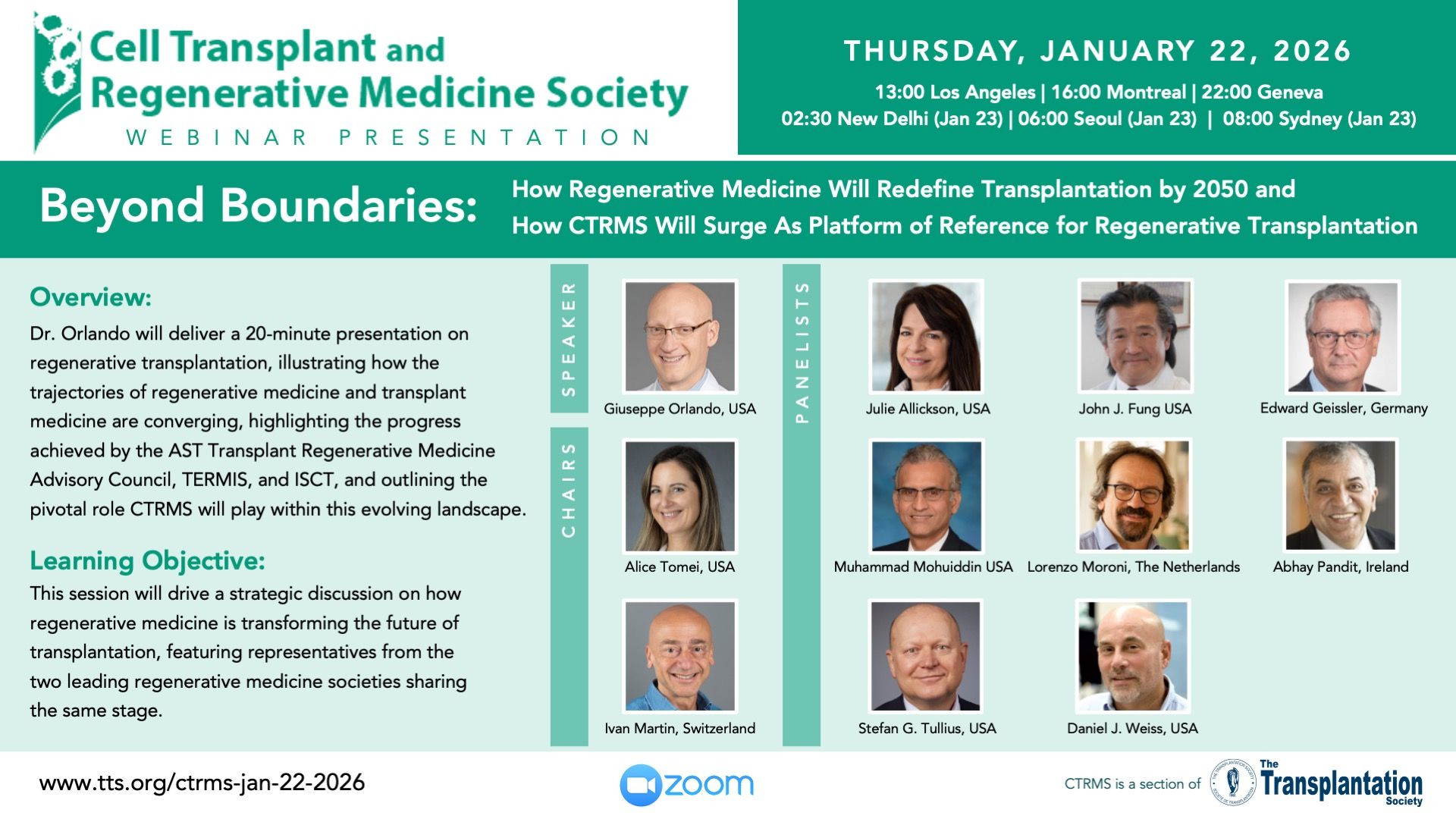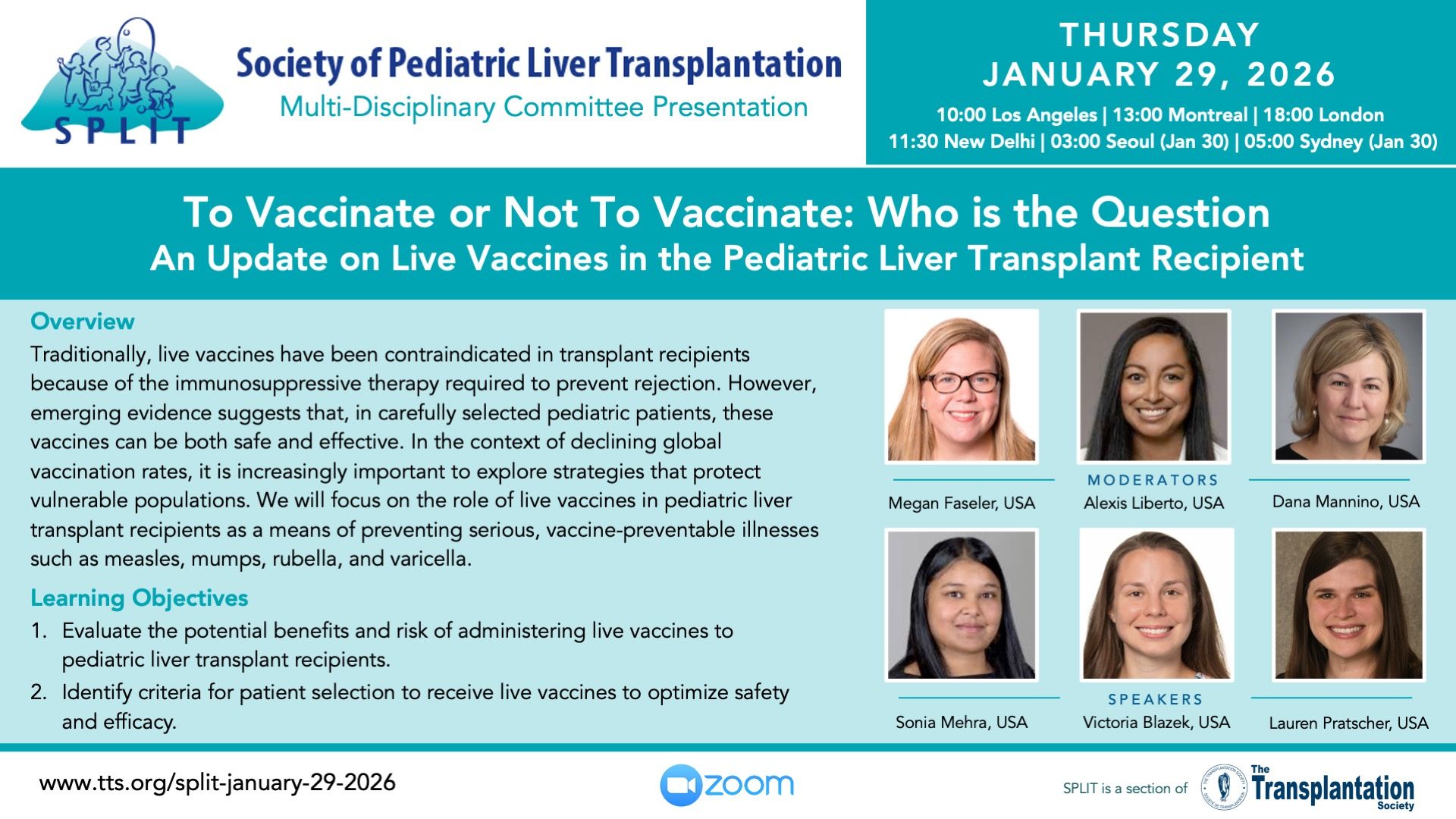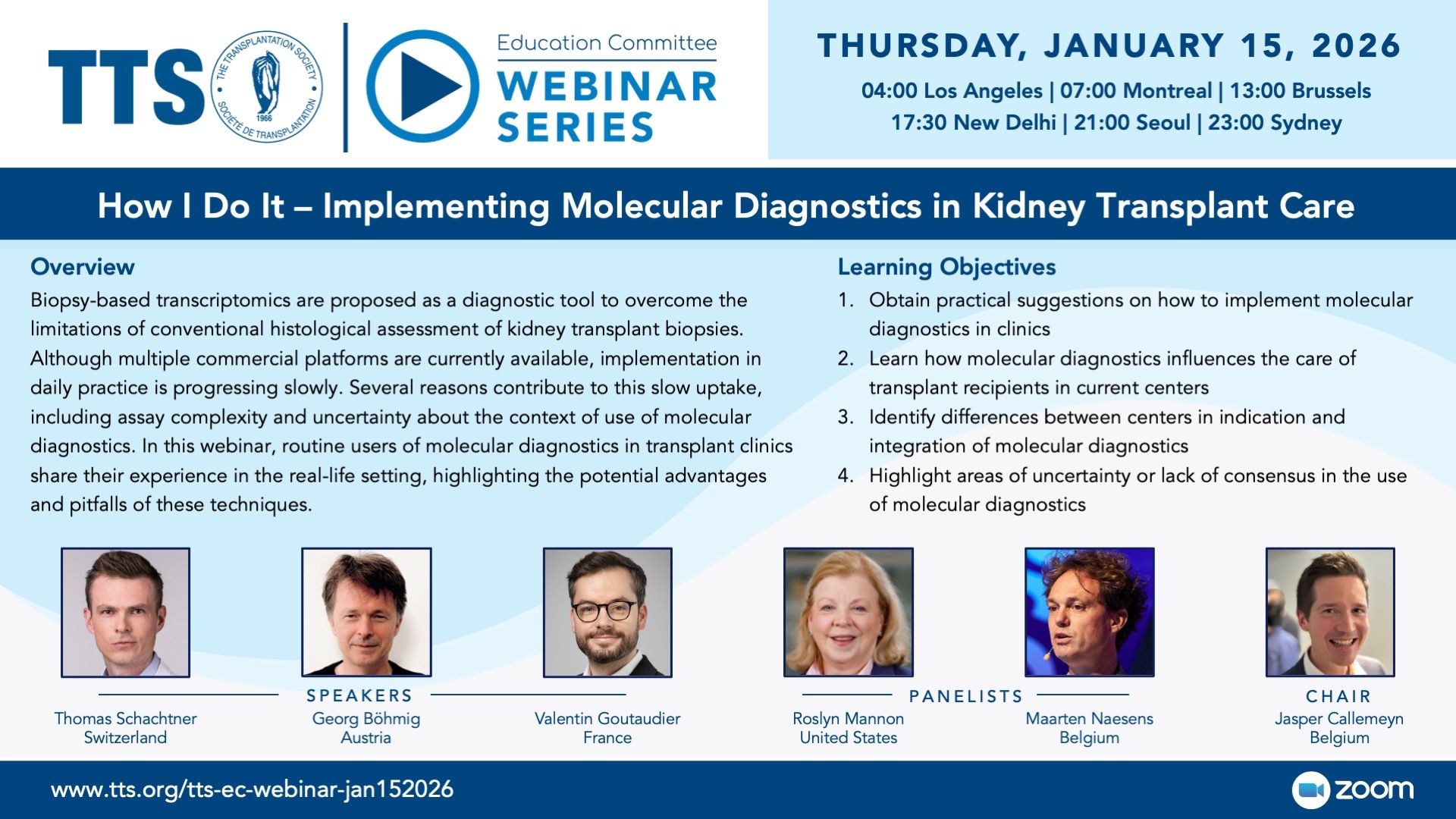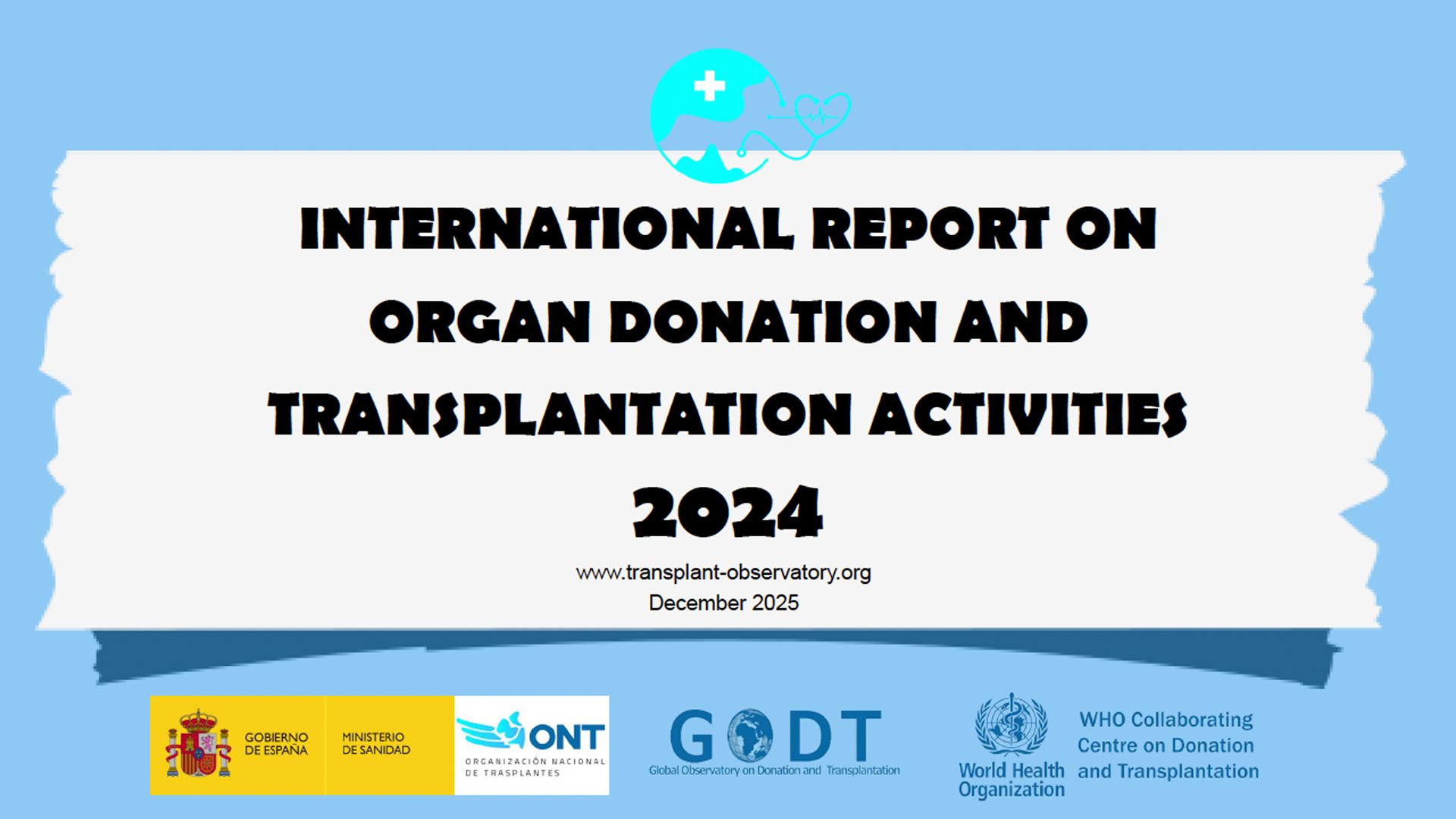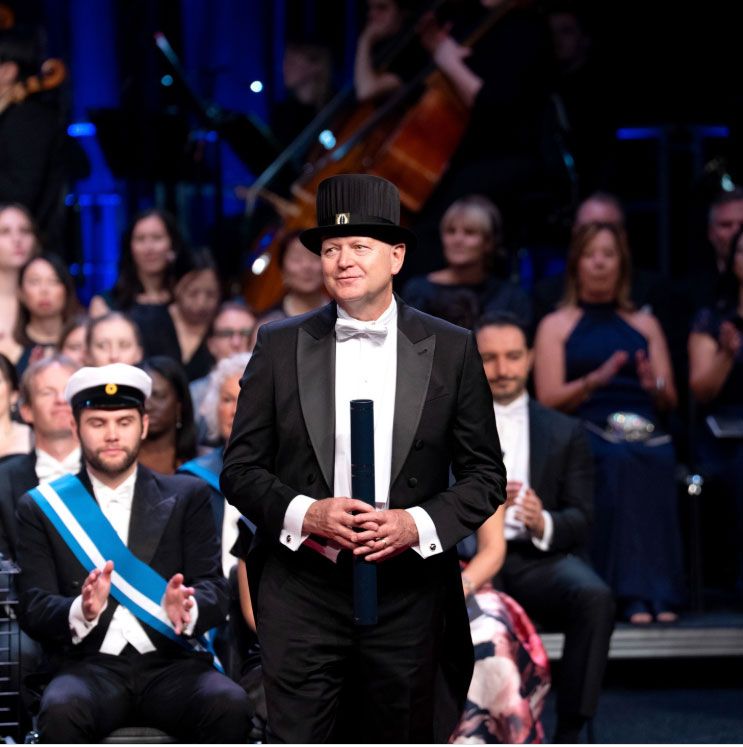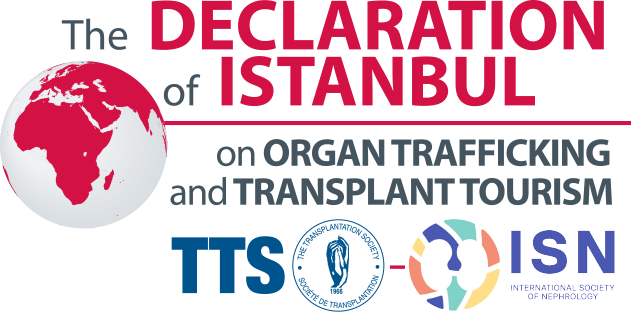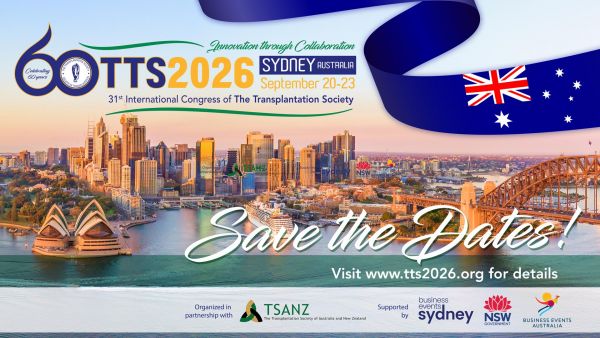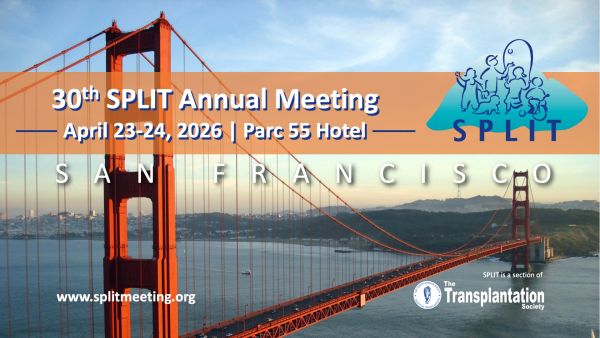
TTS 2026 Abstract Submission is now open!
The Scientific Program Committee of the 31st International Congress of The Transplantation Society is pleased to announce that the Call for Abstracts is now open.
Call for Nominations Reminder - DEADLINE: FEBRUARY 18, 2026

In 2026, three Officer positions will be vacated and 5 of the 14 Councilors-at-large representing the Regions will be changing. The elections will take place in early 2026 and those elected will assume their new roles starting at the 2026 TTS Congress in Sydney.
Members can access the online nominating form at www.tts.org/nominations. Since each nominee must have his or her form signed by three supporting members (including him/herself), the online process allows for efficient and rapid circulation.
THE NOMINATION DEADLINE IS FEBRUARY 18, 2026 (END OF DAY).
Please note:
- As successive presidents may not be from the same Region, members from the North America region who would have otherwise been eligible to become President-Elect are not eligible in this election cycle.
- Only members who have served a full term on Council and have paid their dues are eligible for the Officer positions (President-Elect, Vice President and Treasurer).
- Only full members who have paid these dues are eligible to be nominated for Council.
For more information on elections, visit the TTS website and consult the By-Laws in the “About” section.
Nominations are being sought for these positions
Officer Positions:
- President-Elect
- Vice President
- Treasurer
TTS Regions:
- Africa (1)
- Latin America (2)
- North America (1)
- Europe (1)
TTS Regions Map

